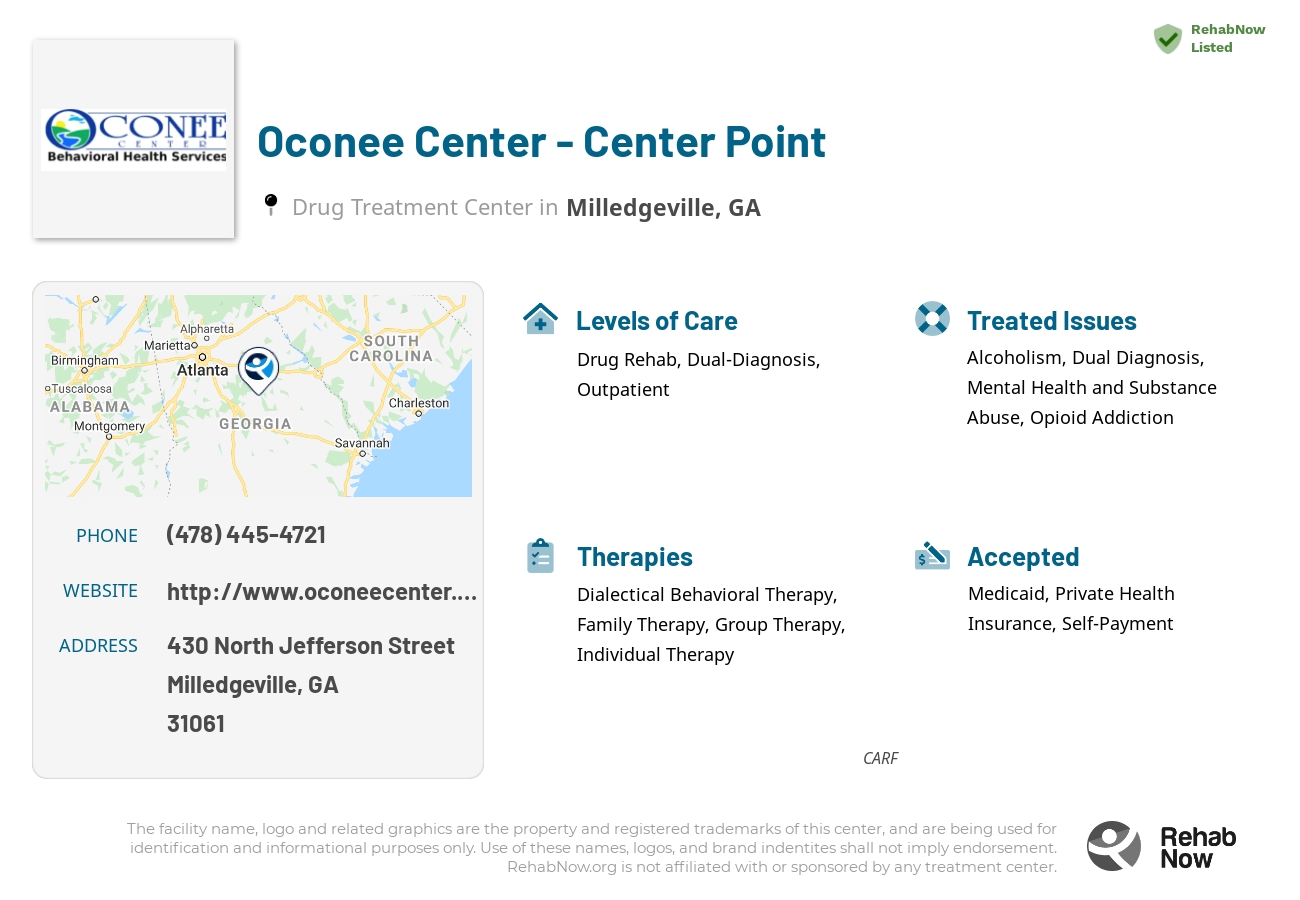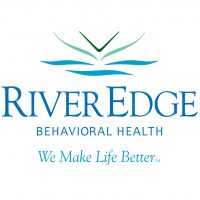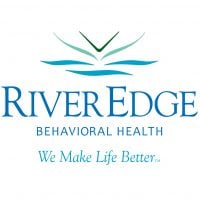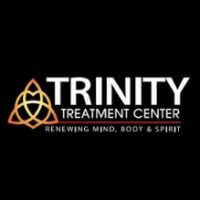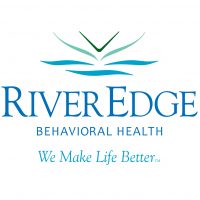Oconee Center - Center Point
Drug Rehab Center in Milledgeville, Georgia
The Oconee Center - Center Point is a CARF accredited addiction treatment facility in Milledgeville, GA, providing comprehensive services including medical stabilization, detoxification, residential care and outpatient levels of care with private insurance accepted and individualized treatment plans tailored to each patient’s needs.
About Oconee Center - Center Point in Georgia
Oconee Center - Center Point in Milledgeville, Georgia, stands out for its comprehensive services aimed at individuals grappling with mental illnesses, addictive diseases, and developmental disabilities. Its dual diagnosis approach ensures that co-occurring disorders are treated together, setting a solid foundation for recovery. The center's focus on personalized care plans allows for a more targeted and effective treatment experience.
Accreditation by CARF underscores Oconee Center - Center Point's commitment to maintaining high standards of quality and excellence in care. The facility caters to a variety of conditions including alcoholism, opioid addiction, drug addiction, and mental health disorders, through both outpatient and drug rehab programs, designed to fit the unique needs of each person seeking help.
- Offers dual-diagnosis treatment, enabling simultaneous treatment of addiction and mental health disorders.
- Provides outpatient care, allowing individuals to live at home while receiving support.
- Tailors treatment plans to fit the specific needs and goals of individuals, promoting a more personalized recovery journey.
At Oconee Center - Center Point, individuals struggling with alcoholism, opioid and drug addiction, and co-occurring mental health disorders have access to various treatment methods and levels of care. The center's approach includes developing customized treatment plans, accommodating unique recovery paths, and ensuring a supportive environment throughout the journey towards sobriety.
Genders
Ages
Modality
Additional
Accreditations

CARF
The Commission on Accreditation of Rehabilitation Facilities (CARF) is a non-profit organization that specifically accredits rehab organizations. Founded in 1966, CARF's, mission is to help service providers like rehab facilities maintain high standards of care.
Conditions and Issues Treated
Rehabilitation, Medication, and Therapy – a combination of all three is most effective.
The most successful treatments for drug dependence or abuse have been those that include education and counseling and medication such as methadone or buprenorphine. The right drug abuse treatments need counseling, psychotherapy, and detoxification or medications to help with withdrawal symptoms.
Substance abuse can take many different forms, including the overuse or misuse of prescription drugs, unprescribed drugs, alcohol addiction, and drug addiction.
A combination of treatments is often needed to treat drug abuse issues effectively. In the case of drug abuse, there is no easy answer or one-size-fits-all cure.
While some drug addictions can be treated with counseling and support groups, many drug abusers also need medication to help them overcome their addiction. In other cases, drug abuse can lead to a medical problem and require medical treatment.
Treatment for drug addiction typically combines counseling and psychotherapy with medication and behavioral therapies. In some rare cases, hospitalization may also be required. All different treatments combined are the best way to help someone addicted to drugs, alcohol, or other substances.
Treatment for opioid addiction is best made with the help of medical professionals who are experienced in dealing with these types of drugs. This treatment can involve medications, exercise, behavioral therapy, and counseling sessions. It is important to note that the effectiveness of treatments for opioid addiction vary, so it is vital to research which treatment options are suitable for each individual.
Many people who struggle with opioid addiction need to attend specific programs like methadone , Suboxone or Vivitrol clinics.
These types of programs will provide the patient with legal, prescription medications that can help them overcome their cravings for illegal opioids like heroin or fentanyl . If the patient has a chronic condition like Hepatitis C, they must undergo treatment before they can begin taking these medications.
Individuals who are addicted to drugs and/or alcohol often have one or more co-occurring mental health disorders. Addressing both the addiction and the mental health problems at facilities like Oconee Center - Center Point can be very beneficial for these individuals.
Common mental health conditions that often co-occur with addiction include:
- Anxiety Disorders – People with drug and alcohol problems often suffer from anxiety disorders such as panic disorder, obsessive-compulsive disorder, social anxiety disorder, and generalized anxiety disorder.
- Depression – One of the most common mental illnesses co-occurring with addiction is major depressive disorder.
- Attention-deficit hyperactivity disorder (ADHD) – Many people with drug and alcohol problems also suffer from ADHD.
- Bipolar Disorder – People with bipolar disorder are more likely to suffer from drug and alcohol problems than the general population, and vice versa.
Levels of Care Offered
This center offers a variety of custom treatment tailored to individual recovery. Currently available are Drug Rehab, Dual-Diagnosis, Outpatient, with additional therapies available as listed below.
Outpatient treatment can be considered the lowest intensity level of addiction treatment in Milledgeville, GA. It is ideal for early phase addiction or lower intensity addictions. Oconee Center - Center Point peer group support, 12-step programs, and individual counseling are likely to be involved.
Therapies & Programs
Individual therapy is ideal for addicts who want to focus on themselves. It can also be helpful for those whose withdrawal symptoms are exacerbated by the presence of other people.
Benefits of individual therapy are:
- Access to a personalized treatment plan that focuses on the individual needs of the addict
- More privacy during treatment sessions
- Better personal development through introspection
- Increased self-awareness regarding addictive tendencies in order to avoid relapse
- Greater potential for a long-term recovery plan
- Receiving professional advice and detox assistance from medical staff
Family therapy can help you and your family deal with old issues that may trigger substance abuse. The idea behind family therapy for drug addiction is that you are never fully healed from substance abuse until you’ve healed your relationship with your family, too. To get sober, you need to find a different way to cope with the pain in your life.
This is when a group of people in various stages of recovery meet up and discuss their experiences, triggers, successes, failures, and even alternative therapies! Unlike support groups where everyone already knows each other, group therapy is conducted along side outpatient or inpatient treatment at Oconee Center - Center Point.
Dialectical Behavior Therapy (DBT) is used by drug treatment centers across the United States to help drug addicts become sober. DBT is a type of Cognitive Behavioral Therapy (CBT) that combines traditional behavioral treatments with elements from DBT, including dialectics, distress tolerance, and interlocking issues. Some of the negative behaviors associated with addiction, such as impulsivity and mood swings, are addressed in DBT, while others like craving and isolation are not. It is commonly used to treat Borderline Personality Disorder (BPD) along with substance abuse disorders.
The four DBT modules are mindfulness, interpersonal effectiveness, emotion regulation, and distress tolerance:
- Mindfulness helps recovering addicts learn to identify and experience their emotions while realizing that they are not permanent.
- Interpersonal Effectiveness includes assertiveness, asking for what you need, and saying no while improving communication skills.
- Distress Tolerance has recovering addicts learn how to tolerate distress at the moment and avoid resorting to substance abuse.
- Emotion Regulation is used to identify, express and change emotions.
CBT is a psychotherapy approach and method. [ws-nap-name] people to examine how their thoughts, including habitual harmful and inaccurate thinking, affect their actions. CBT is based on the idea that rigid, inflexible thinking leads to poor stress management, which leads to emotional distress.
Similarly, CBT helps people identify and change negative behaviors. It makes you question your perceptions and ask if they are realistic. CBT asks people to examine their behaviors and emotional responses and how they affect their lives. CBT aims to change people’s thinking and behavior to lead a more balanced and healthy life.
Moreover, CBT has been shown to reduce anxiety disorders, depression, and symptoms associated with harmful thoughts or actions.
Those struggling with addiction can benefit from learning certain life skills. It is not as simple as quitting drinking or taking drugs and thinking that the hard part is over. Being sober means living a whole new way of life. Many recovering addicts have found that they need to develop talents like time management, organization, communication skills, socialization skills, and self-esteem to make their life in sobriety work, Oconee Center - Center Point is here to help with that.
Payment Options Accepted
For specific insurance or payment methods please contact us.
Is your insurance accepted?
Ask an expert, call (888) 674-0062
Additional Details
Specifics, location, and helpful extra information.
Milledgeville, Georgia 31061 Phone Number(478) 445-4721 Meta DetailsUpdated April 15, 2024
Staff Verified
Oconee Center - Center Point Patient Reviews
There are no reviews yet. Be the first one to write one.
Milledgeville, Georgia Addiction Information
Prescription opioid use has caused a large increase in the total amount of overdoses in Georgia. Almost 12% of the Georgia population uses illicit drugs each year, and slightly over 3.5% also abuses alcohol at the same time. This does not include those who binge-drink at least once a month, which includes 20% of all Georgians.
Milledgeville, GA's most commonly abused drugs include alcohol, opiates, and methamphetamines. 10% of the population struggle with drug addiction, according to recent statistics. In 2016, there were 1,726 admissions to drug and alcohol rehab centers in Milledgeville, Georgia. There are a variety of alcohol and drug rehab centers that can help individuals struggling with addiction. The most common are inpatient and outpatient rehab centers.
Treatment in Nearby Cities
- Woodstock, GA (102.3 mi.)
- Sandersville, GA (25.3 mi.)
- Denver, GA (113.0 mi.)
- Fort Oglethorpe, GA (173.6 mi.)
- Gainesville, GA (90.5 mi.)
Centers near Oconee Center - Center Point
The facility name, logo and brand are the property and registered trademarks of Oconee Center - Center Point, and are being used for identification and informational purposes only. Use of these names, logos and brands shall not imply endorsement. RehabNow.org is not affiliated with or sponsored by Oconee Center - Center Point.



